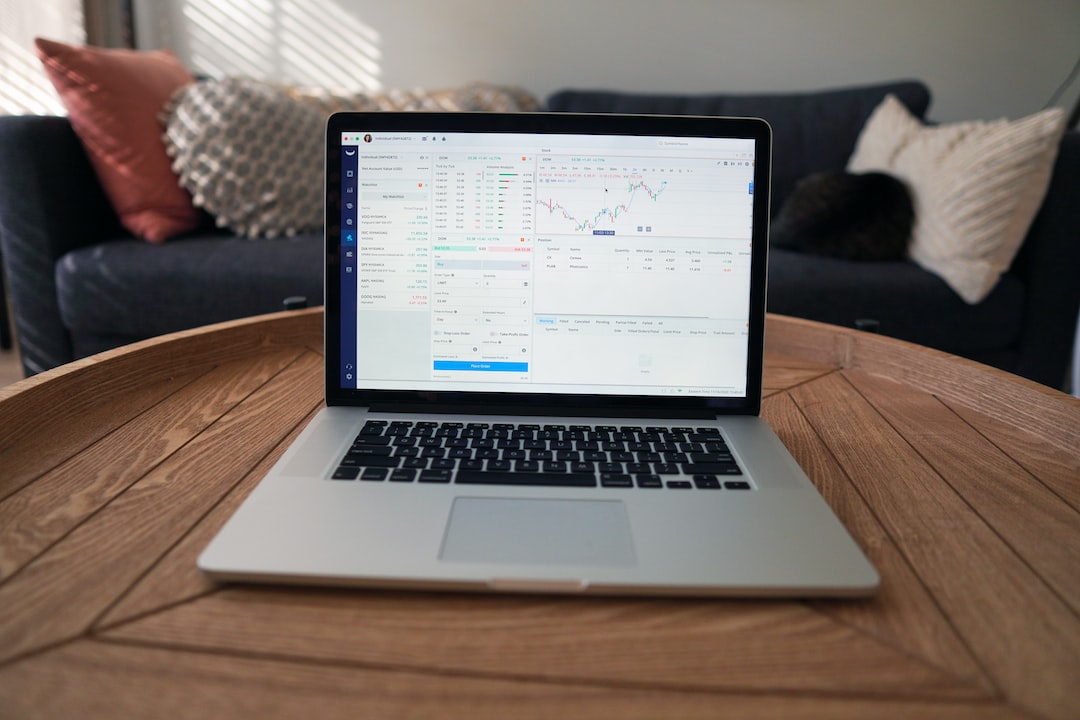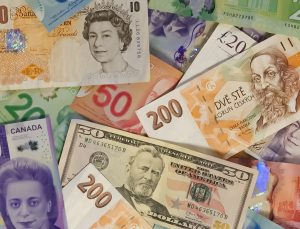Forex fluctuations are the changes in the value of currencies in relation to each other. These fluctuations in the foreign exchange market can have a significant impact on businesses, investors, and governments. The causes of forex fluctuations are numerous and complex, and it is important to understand them to make informed decisions about investing in foreign currencies.
One of the primary causes of forex fluctuations is macroeconomic factors. These include changes in interest rates, inflation rates, and economic growth rates. When a country’s interest rates rise, for example, its currency becomes more attractive to foreign investors who are looking for higher returns. This increased demand for the currency can cause its value to rise relative to other currencies.
Similarly, when a country’s inflation rate is higher than that of other countries, its currency will lose value as it becomes less attractive to investors. Economic growth rates can also have an impact on currency values. When a country’s economy is growing, its currency may strengthen as investors anticipate higher returns on their investments.
Another factor that contributes to forex fluctuations is political instability. Political events such as elections, coups, and wars can have a significant impact on currency values. When there is uncertainty about the political situation in a country, investors may be hesitant to invest in its currency, causing its value to fall.
Trade balances between countries can also affect forex fluctuations. When a country imports more goods and services than it exports, it has a trade deficit. This can cause its currency to weaken as there is less demand for it in international trade. Conversely, a country with a trade surplus may see its currency strengthen as there is higher demand for it in international trade.
The actions of central banks and governments can also influence forex fluctuations. Central banks can manipulate interest rates and the money supply to influence the value of their currency. For example, if a central bank wants to weaken its currency, it may lower interest rates to make it less attractive to foreign investors.
Finally, market sentiment can also impact forex fluctuations. This refers to the overall mood of investors towards a particular currency. If investors are optimistic about a currency’s future prospects, they may be more likely to invest in it, causing its value to rise. Conversely, if investors are pessimistic about a currency, its value may fall.
In conclusion, forex fluctuations are the result of a complex interplay of economic, political, and market factors. Understanding these factors is essential for anyone looking to invest in foreign currencies or do business in international markets. While it is impossible to predict forex fluctuations with certainty, keeping a close eye on these factors can help investors make informed decisions and manage their risks effectively.





